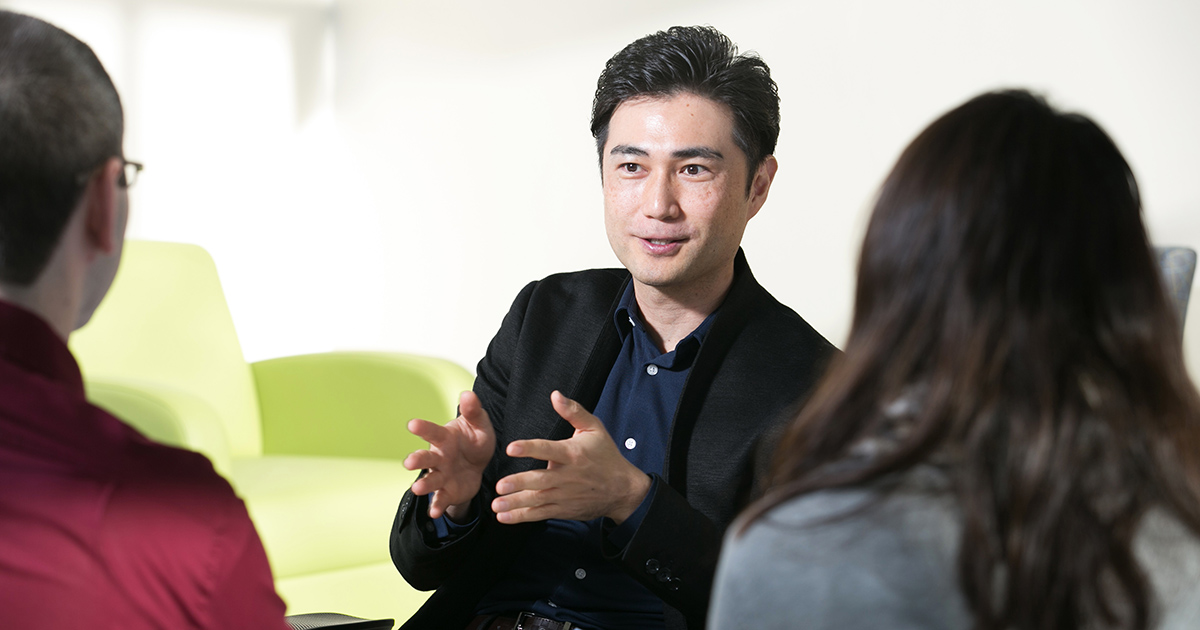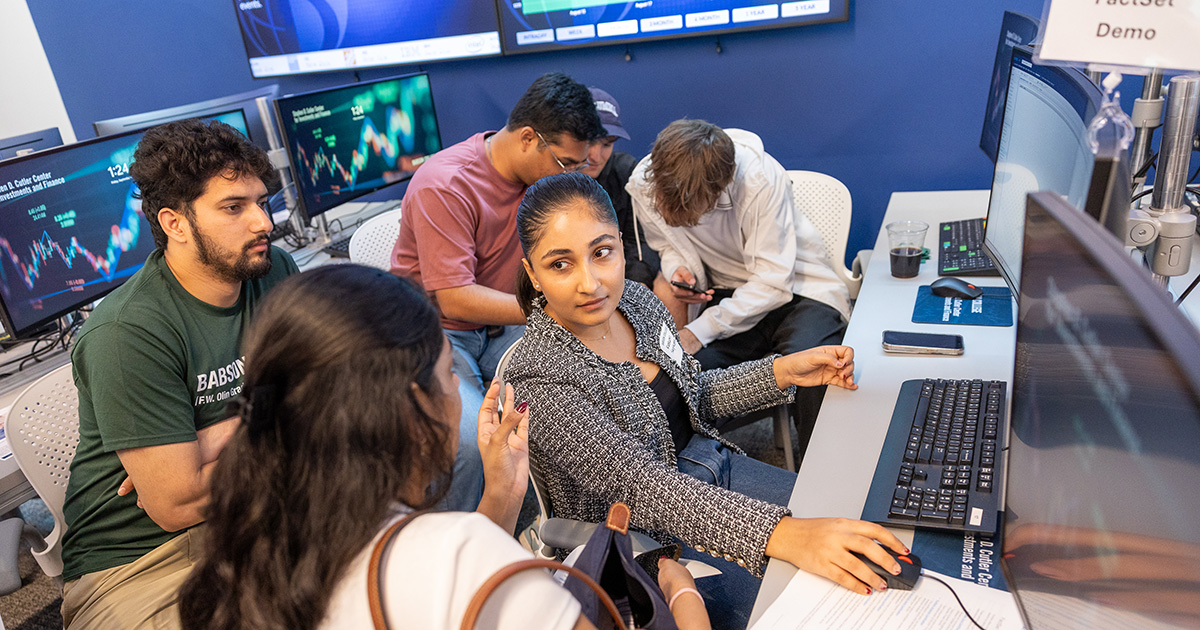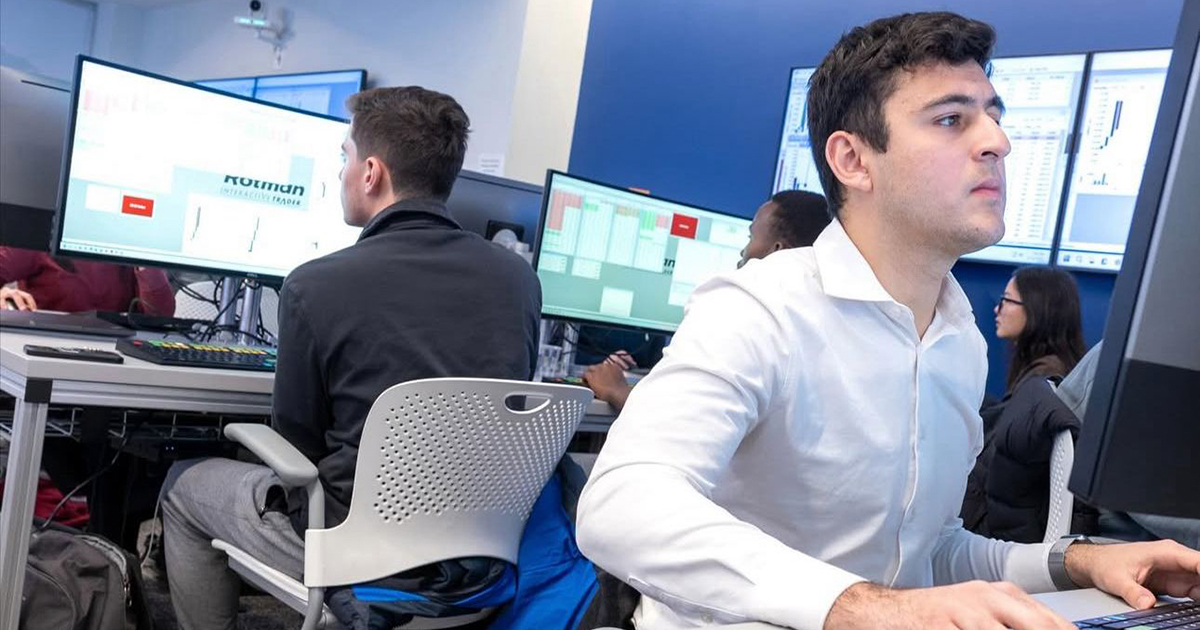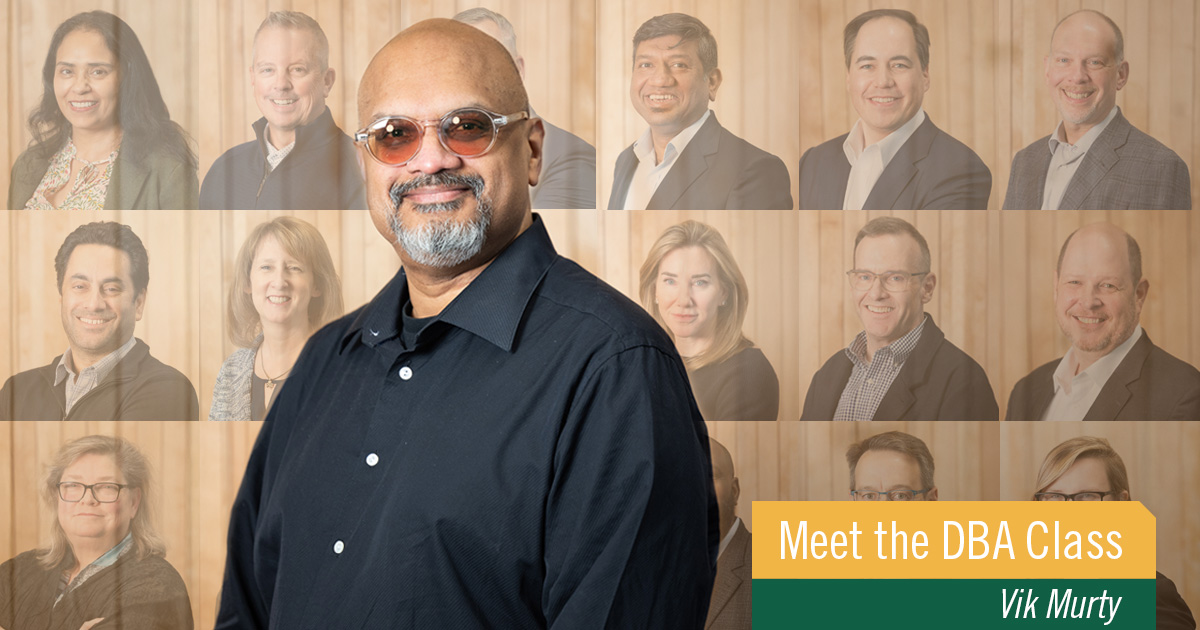Failure: Just What the Doctor Ordered

We’ve all heard the stories—Steve Jobs was fired from Apple, Oprah was let go from her first television job, and Steven Spielberg was rejected from film school multiple times. These stories tell us that from great failure can come great success.
But, can it work for the general public or is this just something that happens to the Steve Jobs of the world? Yasuhiro Yamakawa, a Babson College entrepreneurship associate professor known as Dr. Failure, says yes it can. And that’s a good thing
Accepting Failure
“If I ask an audience of people, ‘Who here has never made a mistake?’ no one is going to raise their hand,” says Yamakawa. He was coined Dr. Failure by students in his undergraduate Foundations of Management and Entrepreneurship course. The class requires students to start a business, so failure is naturally built right in. He creates an environment where failure is expected, not feared, which ultimately empowers students to take more risks.
Every time one of Yamakawa’s students has a business failure in class, he makes them say, “How lucky we are …” Students finish the sentence with why they are so lucky to have failed and what they learned from it. “That is the most important take-away from my class,” says Yamakawa.
Yamakawa’s obsession with failure did not start from one specific incident. Rather, he always has felt its relevance to every aspect of life. “I couldn’t not study it,” says Yamakawa.
What Is Failure?
Failure is a tough concept to define—even for Dr. Failure. “We can spend an hour talking about the definition of failure,” says Yamakawa. “It can be tangible, intangible, subjective, or objective.” Failure is all based on the perception of the person in the situation and those around them.
While Yamakawa believes making an environment where failure is normal and expected is the best way to grow, he knows not everyone feels comfortable with the term. “Some people don’t like the word failure. They use ‘pivot’ or ‘success in the making,’” he says. No matter the term being used, learning from the experience of unmet expectations is learning—and growing—from failure.
The concept of accepting failure doesn’t just apply to entrepreneurs, says Yamakawa, who relates to it as a parent.
“As a parent your kids are going to make some mistakes and you need to know what to do and how to treat them after,” he says. “That’s why learning about failure is so important.”
It applies to how you teach children, too. Dr. Failure’s lessons are echoed in research from Michigan State University; researchers found that children with growth mindsets—that is, they were aware they could grow from their mistakes—were more likely to view failure as an opportunity, rather than something bad.
Go Low to Go High
Yamakawa likes to use a trampoline metaphor to illustrate the importance of failure. “For you to jump your highest, you need to go your lowest,” he says. The lesson: It’s inevitable that you will fail before you succeed; following that failure, you’ll have a clear view as to where to go next. “You learn much less when you’re successful at everything and you have a smooth ride.”
One example: the story of Naughty Coal. Michael Angelov created a portable grilling station business called Grill-Easy, but it didn’t do as well as he would have hoped. In most people’s eyes, this would be considered failure. Angelov, however, found opportunity in this “failed” venture. He started selling coal leftover from the grills as Naughty Coal, shipping coal to “bad” children during the holidays. It’s a “go low to get even higher” failure story–with Naughty Coal a success, Angelov is growing even more businesses in the empire.
Take the Risk
The lesson in all of this? Take the calculated risk—it results in opportunity. Fail cheap and fail quick then bounce back with time to grow. In entrepreneurship, it’s called affordable acceptable loss; you only risk what you are willing to lose, and in that window you have space to grow and change.
At Babson College, where Yamakawa teaches, Entrepreneurial Thought & Action® is a key component of the education, especially in his class. “It’s about taking action, learning from the action to build upon it and then taking action again,” he says. This doesn’t mean you will be successful with every move you make, but each move puts you in the direction to become better and better in the future.
Failure is a part of life, so consider listening to the doctor: fail often and fail smart. It’s the only way you’ll continue to grow.



